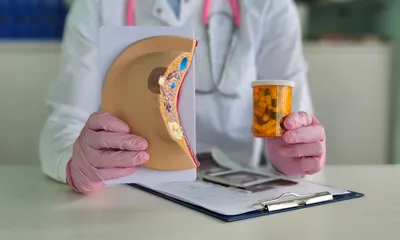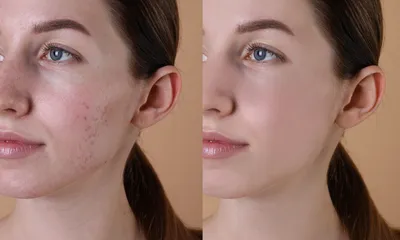ADHD
-
Description
-
Signs & Symptoms
-
Anatomy
-
Cause
-
Diagnosis
What is ADHD?
Attention deficit hyperactivity disorder (ADHD) is a mental health and learning disorder that diminishes a person’s ability to focus on and carry out tasks, while also promoting hyperactivity and impulsive behavior. ADHD typically first presents in childhood, although diagnoses in adulthood have become more common. ADHD can pose significant challenges for personal and professional development and can hinder learning and interpersonal development, particularly in youth.
What Causes ADHD?
The causes of ADHD are varied, and multiple factors may contribute to the condition in some individuals. A genetic predisposition plays a significant role; if a parent or family member has ADHD, the likelihood of inheriting it increases. Additionally, maternal behaviors such as smoking, alcohol consumption, or drug use during pregnancy are linked to a higher risk of ADHD in children.
Other contributing factors include premature birth and exposure to environmental toxins during early childhood. ADHD affects all genders equally and does not show a prevalence in any particular race or ethnicity.
ADHD Symptoms
ADHD symptoms can vary widely in type and severity. These include problems focusing on tasks, being easily distracted, trouble multitasking, impulsiveness, disorganization, and difficulty prioritizing. Additional symptoms include poor time management, excessive activity or restlessness, poor planning, low frustration tolerance, frequent mood swings, difficulties following through with plans, a strong temper, and struggles with managing stress.
ADHD often coexists with other conditions, such as mood and anxiety disorders (e.g., depression, bipolar disorder, generalized anxiety disorder), psychiatric disorders, and learning disabilities.
ADHD Treatment
The most conventional approach to ADHD treatment involves medication, with stimulants such as Ritalin and Adderall being the most commonly prescribed. However, non-stimulant options like Strattera or Intuniv may be recommended based on the individual’s specific needs and medical history.
Psychotherapy is another component of ADHD treatment, particularly for adults struggling with attention or hyperactivity issues. For some individuals, changes to work or learning environments, as well as optimizing sleep, may also provide significant benefits.
Signs & Symptoms
- Difficulty focusing on tasks
- Easily distracted
- Trouble multitasking
- Impulsiveness
- Disorganization
- Problems prioritizing
- Poor time management
- Excessive activity or restlessness
- Frequent mood swings
- Difficulty following through with plans
- Low frustration tolerance
- Inability to handle stressors
Anatomy
- Prefrontal cortex
- Basal ganglia
- Cerebral cortex
- Dopaminergic pathways
- Neurotransmitter systems
Cause
- Genetic predisposition
- Maternal smoking or alcohol consumption during pregnancy
- Premature birth
- Exposure to environmental toxins
- Brain structure or function differences
Diagnosis
- Clinical evaluation
- Behavioral assessments
- Symptom checklists
- Medical history review
- Teacher or caregiver observations
- Neuropsychological testing



